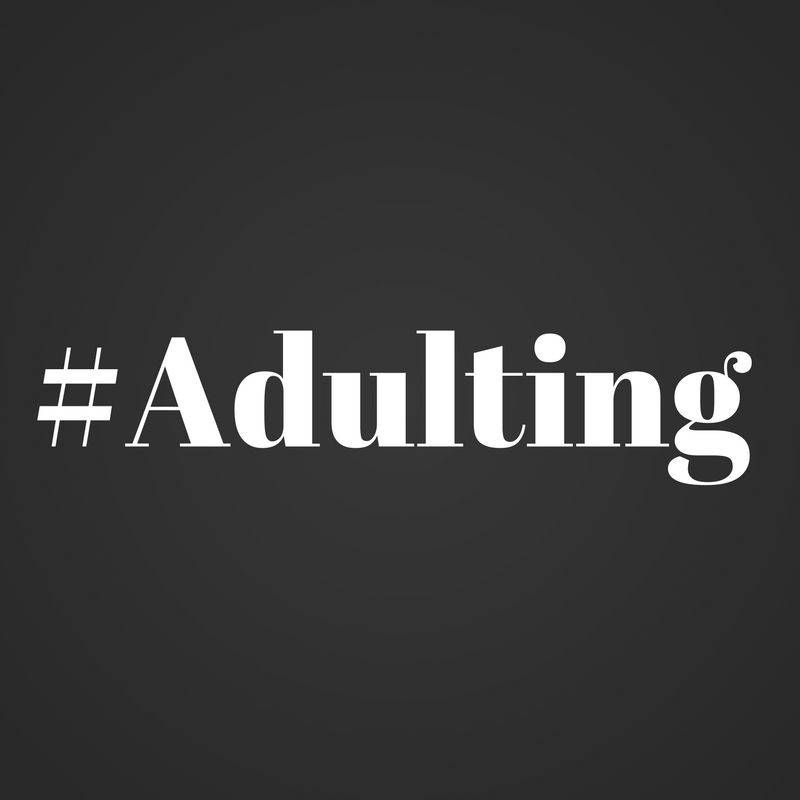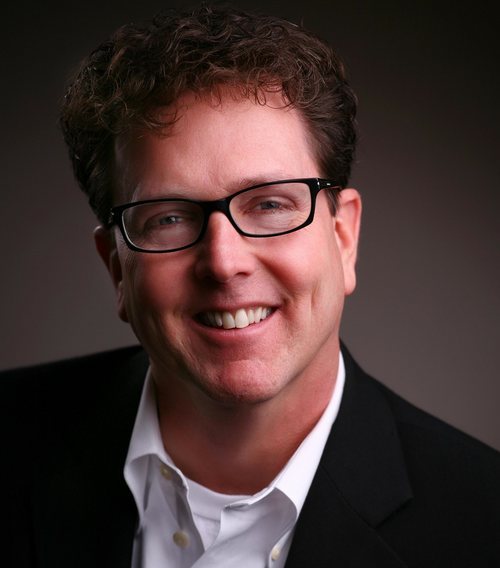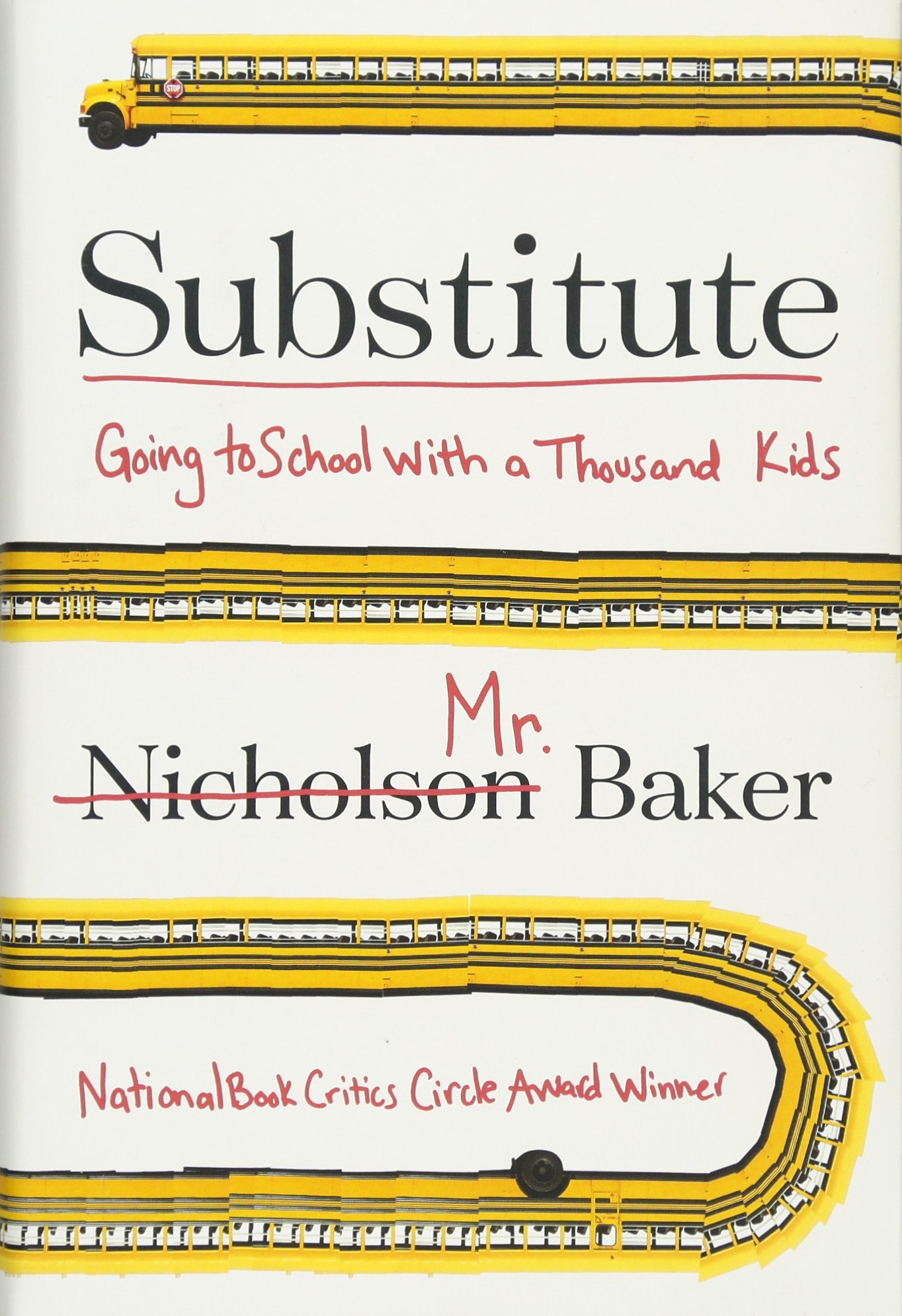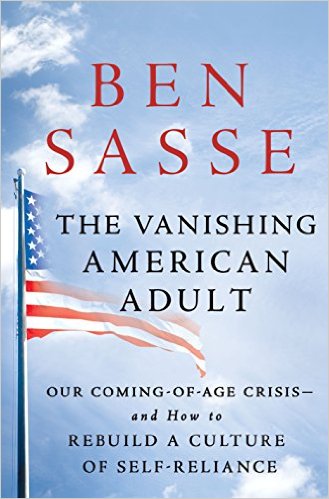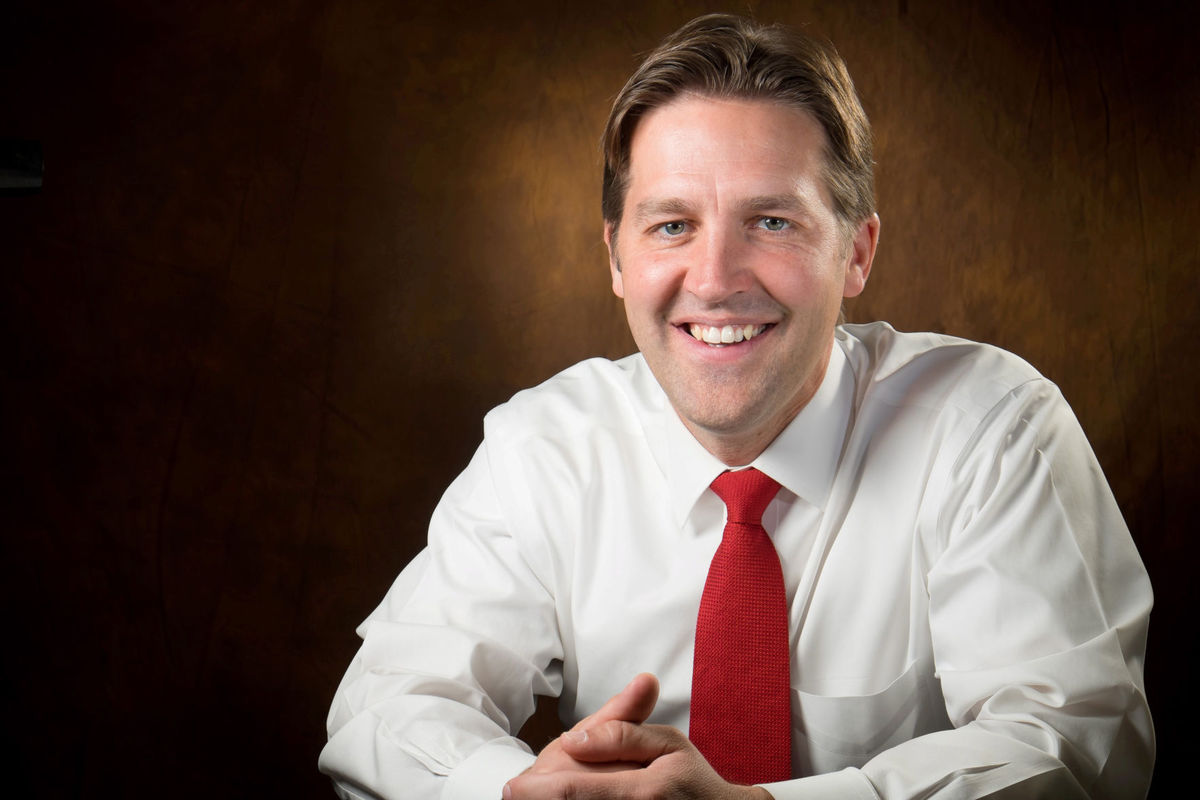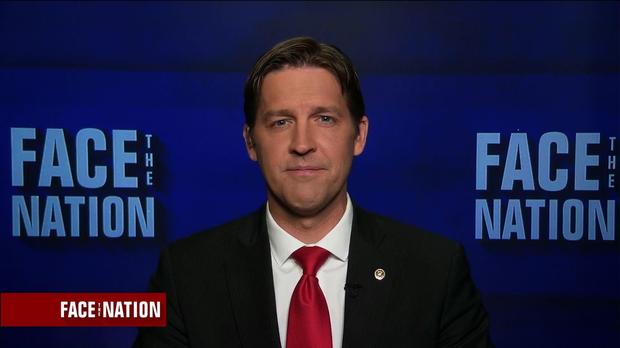“I recently spoke to a university faculty member who told me a student just chewed her out because she “sucks” as a teacher. When the professor inquired as to why the student felt she was inadequate, the student was unprepared to answer. After stumbling over his words, the sophomore replied, “Because you gave me a bad grade after I tried really hard.”
Universities are now reaping the consequences of thirty years of misguided parenting styles.
At the risk of sounding as if I am stereotyping, let’s look at the meta-narrative. Too many parents delivered the following sentiments to their children growing up:
“You are special and deserve special treatment.”
“If you participate, that’s all that matters.”
“You don’t need to let others influence you.”
“You deserve the best because you are the best.”
As a parent and a teacher, I believe there is a kernel of truth in each of these statements. Every kid is, indeed, special. Participation is important. Kids need to embrace their own views and they can, indeed, be the best at what they do.
But these are partial truths that lead them to poor conclusions.
Kids should not expect special treatment
Employers will expect much more on the job than participation
Others do play a role in our viewpoints and have an opinion that matters
And most are not automatically the “best” on a project, compared to others
These incomplete perceptions have wreaked havoc on a generation of students and they are causing angst in the aftermath. When something goes wrong, some kids go ballistic. Students actually NEED the input of adults other than their parents.
I had a respected educator email me recently with a request. He said:
“One area I would like you to address more specifically is student discontent and the behavior that is sparked when things ‘go wrong’ for them. When they are mistreated (bullied by professors or coaches), I can understand they need to respond. But, when they ‘perceive’ they are mistreated, they will lash out to ‘hurt’ the people or parties they feel are responsible. I have come to interpret that ‘lashing out’ as a way to get revenge, in order to ‘feel better’ about themselves.”
He then offered two examples of this scenario:
“Two students compare grades on a paper in English. One gets a B and one gets a D. Explanatory notes are written on each paper explaining the points taken off (but also points of merit) that explained the grade. The student with the D goes into a rage of sorts and starts trashing the professor through Social Media. This includes making remarks that are irrelevant to the paper and corresponding grade.”
“A basketball player gets upset over playing time. When the coaches explain why AND what that player can do in an effort to get more playing time; the player equates effort with promotion. So, after he/she works harder in an effort to get better, the player expects to play more whether he/she actually got better or not. Plus, he/she looks at the player ahead of him/her getting more playing time and comes up with a variety of criticisms against that player.”
“I have seen this happen multiple times over the last two years and have struggled with coming up with effective ways of dealing with it.”
Three Steps We Can Take to Help Students’ Perceptions
1. Explain the difference between reacting and responding.
Students who receive a poor grade or evaluation have a weapon they’re often unready to handle well: social media. They can “vent” at a teacher or coach who gives them a poor assessment and fail to see what’s happening. Emotion usually follows a negative evaluation immediately. Logic comes along later. As teachers and leaders, we must remember these truths when it comes to our students:
Sometimes people feel guilty—because they are guilty.
Sometimes coaches don’t give more playing time—because a player is untalented.
Sometimes students feel like their work is a failure—because they actually failed.
And usually they’ll vent at your feedback before they benefit from your feedback. The best leaders don’t try to remove their guilt if they’re guilty. Nor, tell an athlete they are awesome, if they are not. Or, inflate a failing grade a student earned.
When students want to react, expressing the negative emotions they feel, that is one thing. They’ll never improve, however, until they learn to respond to an evaluation. Reacting is about emotion. Responding is about logic. This means welcoming a third party to help them see an issue objectively. Once the student matures past venting, we can ask them for a logical reason why their paper deserved a better grade or their talent deserved more time on the field. Logic requires rationale, not emotion.
When students are guilty of something, don’t tell them they’re not. If students fail at a paper, don’t lie to them and tell them it was good. We can offer compassionate feedback that is logical in order to help them think logically. The best time to bring this up is at the beginning of a year, before anyone can take it as a personal vendetta.
2. Help them separate performance from performer.
We must enable students to separate who they are (as the performer) and what they did in their recent performance. A failed assignment does not mean the student is a failure. Failure is not a person. It’s an experience that can change. Martin Luther King, Jr. received a C- in public speaking while in college. His skill simply needed to improve. Thomas Edison was asked by his teacher to not return to school as a student. He had to learn on his own. And he did. Too many American kids have grown up ill-equipped to handle negative feedback. This is criminal on the part of the adults who raised them. We must teach them to seek growth, not affirmation. Affirmation usually follows growth quite naturally.
This is a vital step our young must learn to take to help them grow. We must relay to them that we believe in them and their ability, but that their recent work did not reflect their potential. It’s actually a compliment. We are saying to them:
“You are better than this.”
“I have high expectations of you.”
“These critical comments are because I believe you’re capable of more.”
“And because I believe in you, I refuse to dilute the standard due to a bad performance.”
Once again, the answer is not to dilute the truth. A truthful response, communicated with empathy and concern is what enables them to mature.
Far too many young adults are unable to separate “performance” from “performer” and hence, they take every comment personally—as if it is a personal attack on them. We must enable them to get past this or they’ll never be able to keep a job or keep a relationship in tact.
3. Play a game with them called: What’s it like to be on the other side of me?
Too many students (and adults for that matter) struggle with self-awareness. I believe becoming self-aware is step one on the leadership journey. So why not sit down with your upset student and play this little game where both of you relay to the other what it feels like to be on the receiving end of their communication and style? My friend Jeff Henderson calls this game: “What’s it like to be—on the other side of me?” It’s a brilliant set up for honest conversations where I can both listen to my students assess my style, but also share with them how they’re being received by others. Once I have conveyed my evaluation, I will often say: “I’m pretty sure you don’t mean to come across this way.”
I received a phone call from a former intern, who I let go before her internship was over. It was hard for both of us. The phone call, however, was a positive reflection of her time with us. She left angry but was now grateful. We had both shared “what’s it like to be on the other side of me.” To put it simply, it was eye-opening for her. This young woman called to thank me for being honest, and for turning her “misperceptions into meaningful perspective.”
I believe that’s one of the leader’s primary jobs.”
